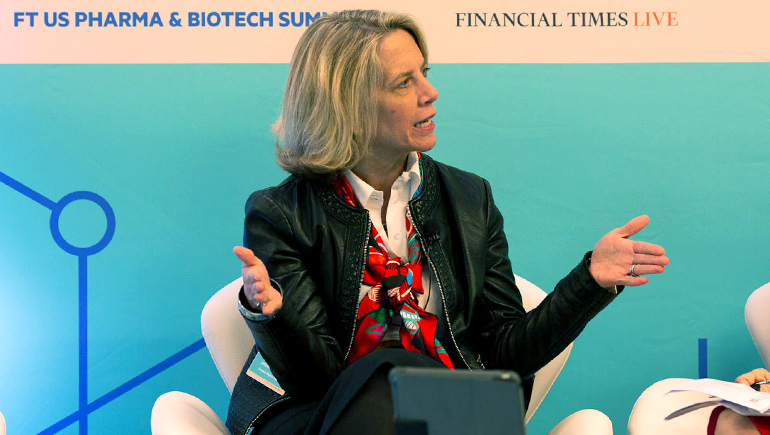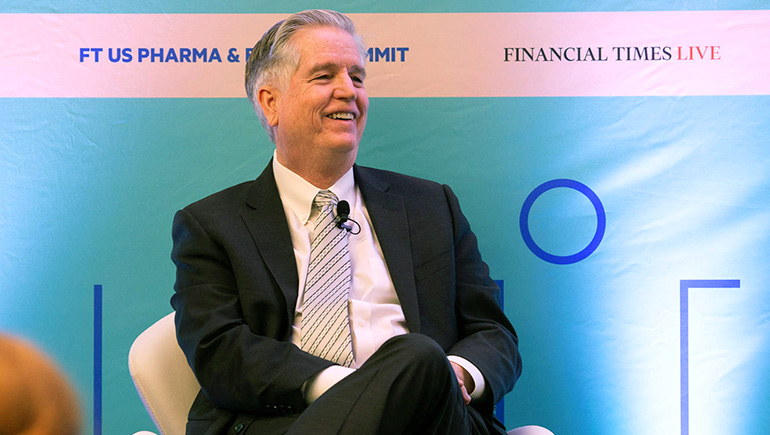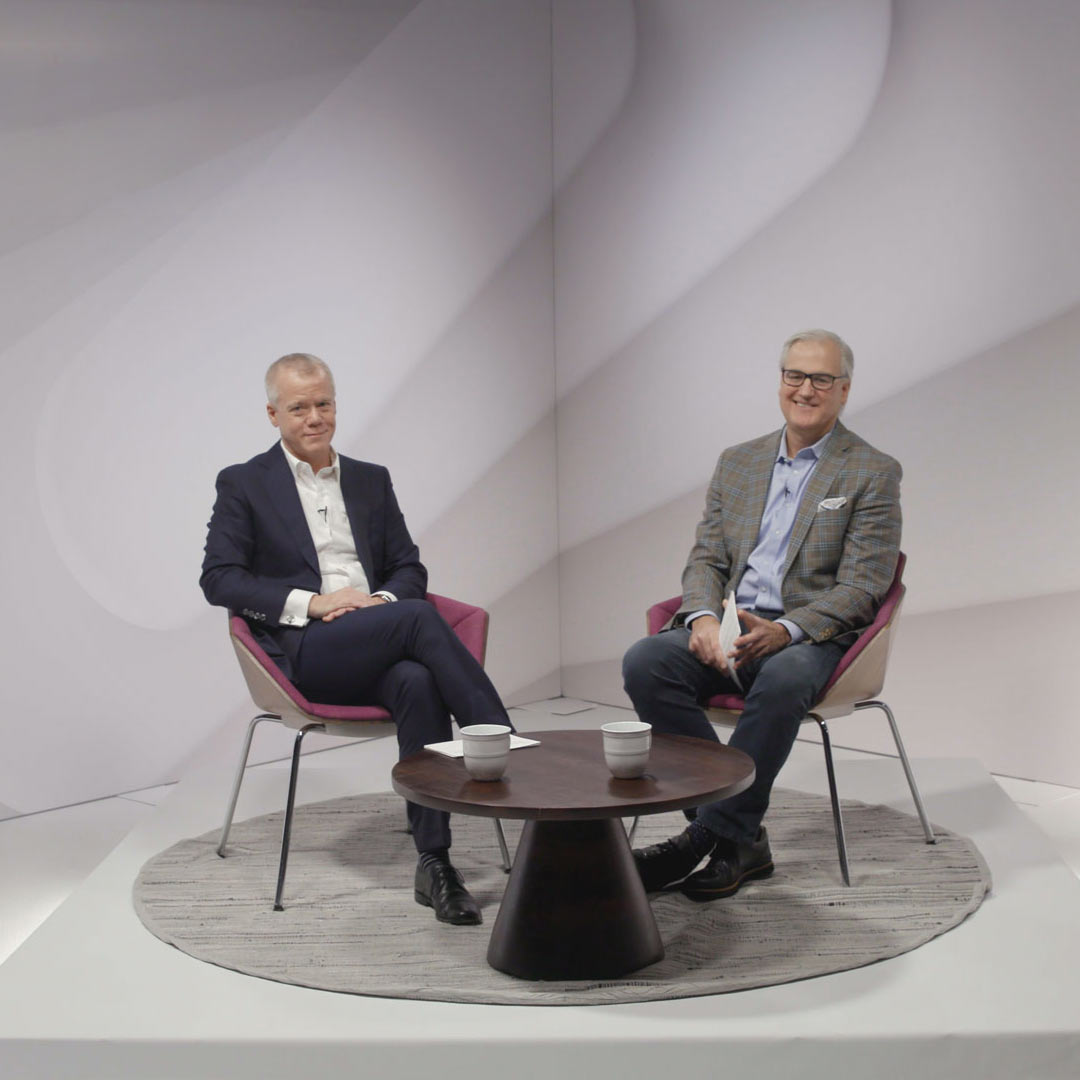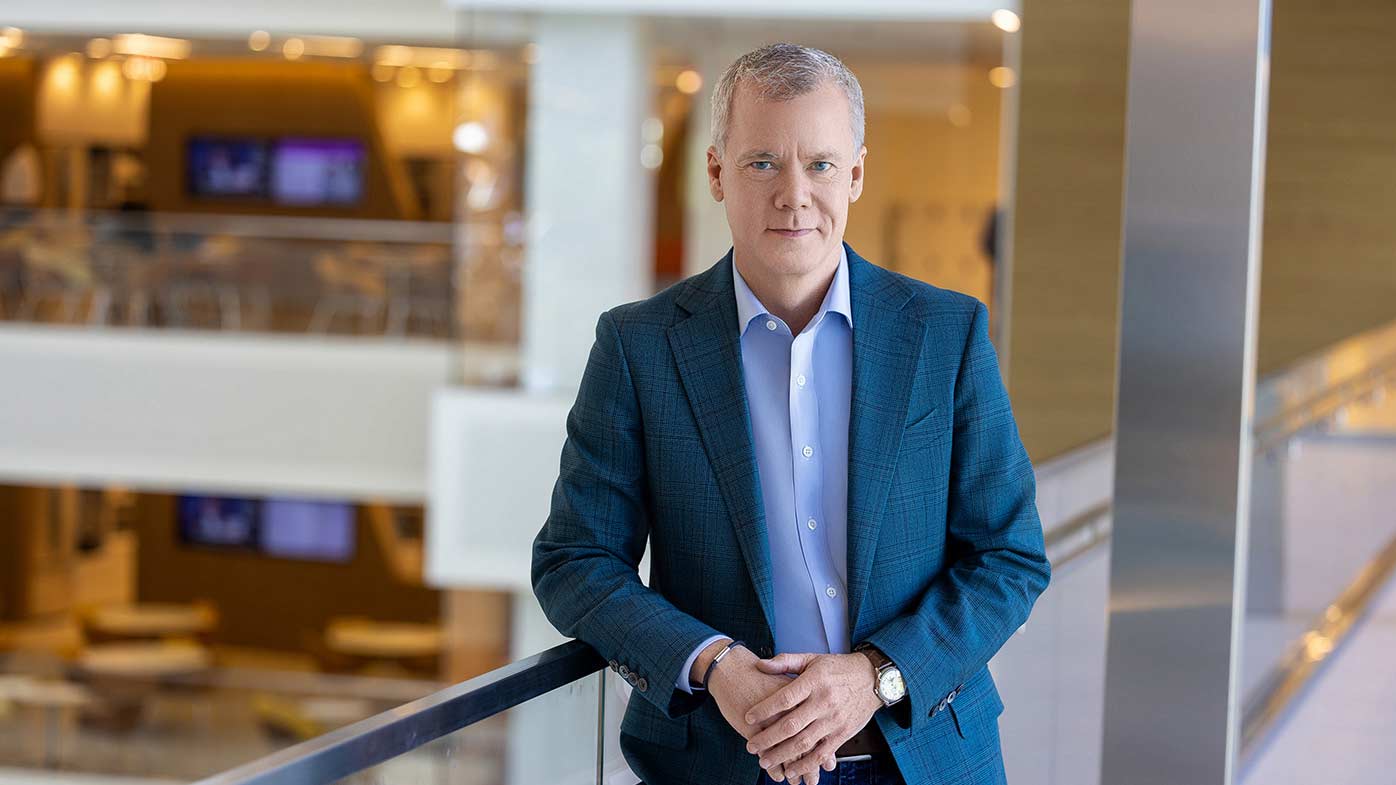
Johanna Mercier, President and Head of U.S. & Large Markets, Worldwide Commercial
“When I think about the changes we have seen in the industry over the last years, the main one that comes to mind is the speed of science and technology. This led to a more targeted way of reaching our customers, different ways of generating data and using these data to inform our approaches. Most importantly, it led to a greater empowerment and engagement of patients in their own care. Moving forward we will continue to see the impact of this acceleration.”- Johanna Mercier
This week, leaders from diverse industries spanning the pharmaceutical sector, health care insurers, government health care departments, genomics, personalized medicine, big data and analytics, patient advocacy gathered at the Financial Times U.S. Pharma and Biotech Summit in New York.
Johanna Mercier, president and head of U.S. & Large Markets, Worldwide Commercial, joined her colleague Mike Ryan, head of Worldwide Value, Access, Pricing and Health Economics and Outcomes Research, to discuss with participants the rapidly evolving landscape in health care and how Bristol Myers Squibb is looking to the future with patients at the forefront.
It’s a time of rapid change in health care. Science is advancing with the emergence of highly personalized therapies that offer the potential to extend and save lives. Entering new frontiers also introduces questions about the infrastructure needed to deliver innovative therapies to patients. As the science advances, so too does the technology that gives patients and health care providers more data to manage their health. To that end, digital disruptors and therapeutics are changing the way health care is given as well as received.



